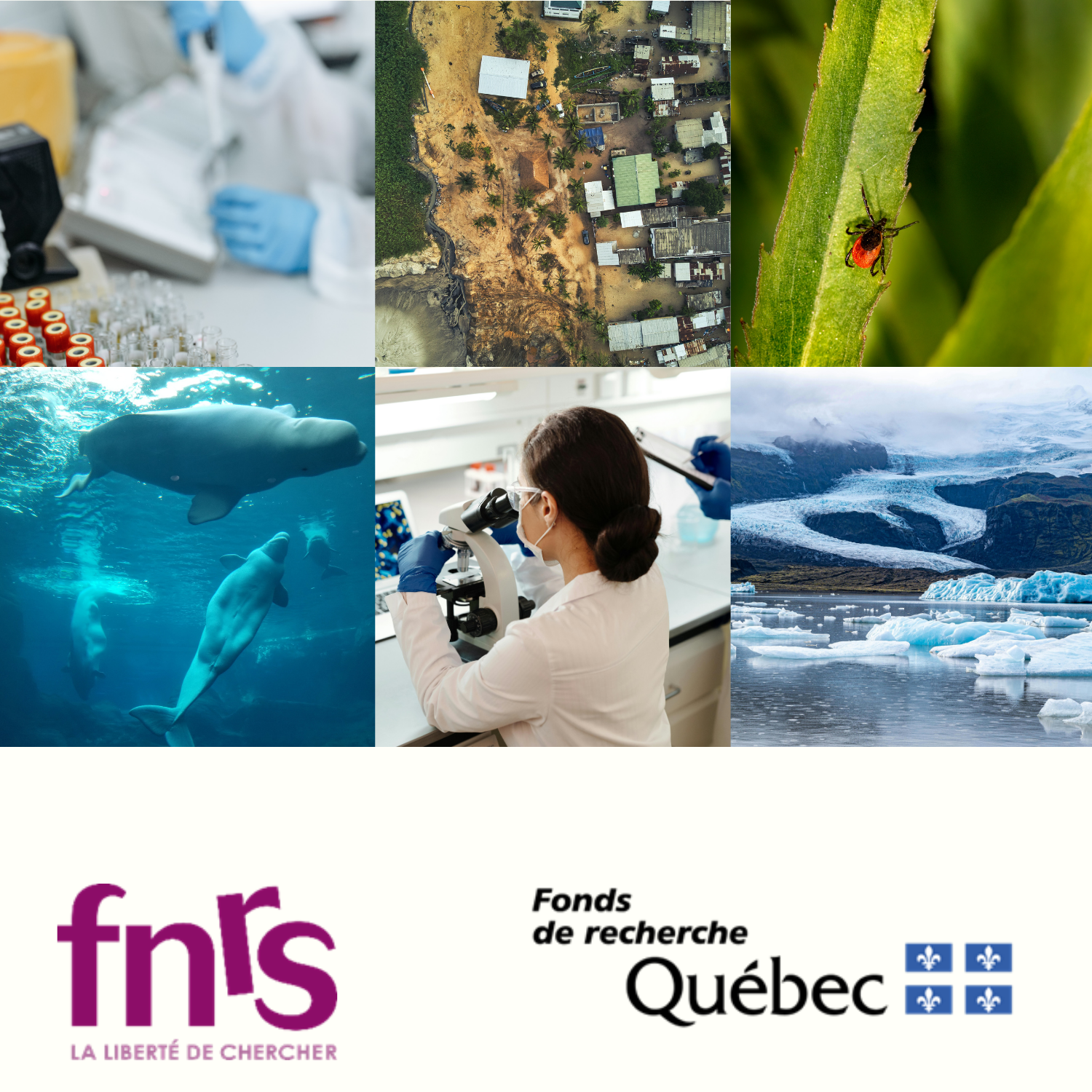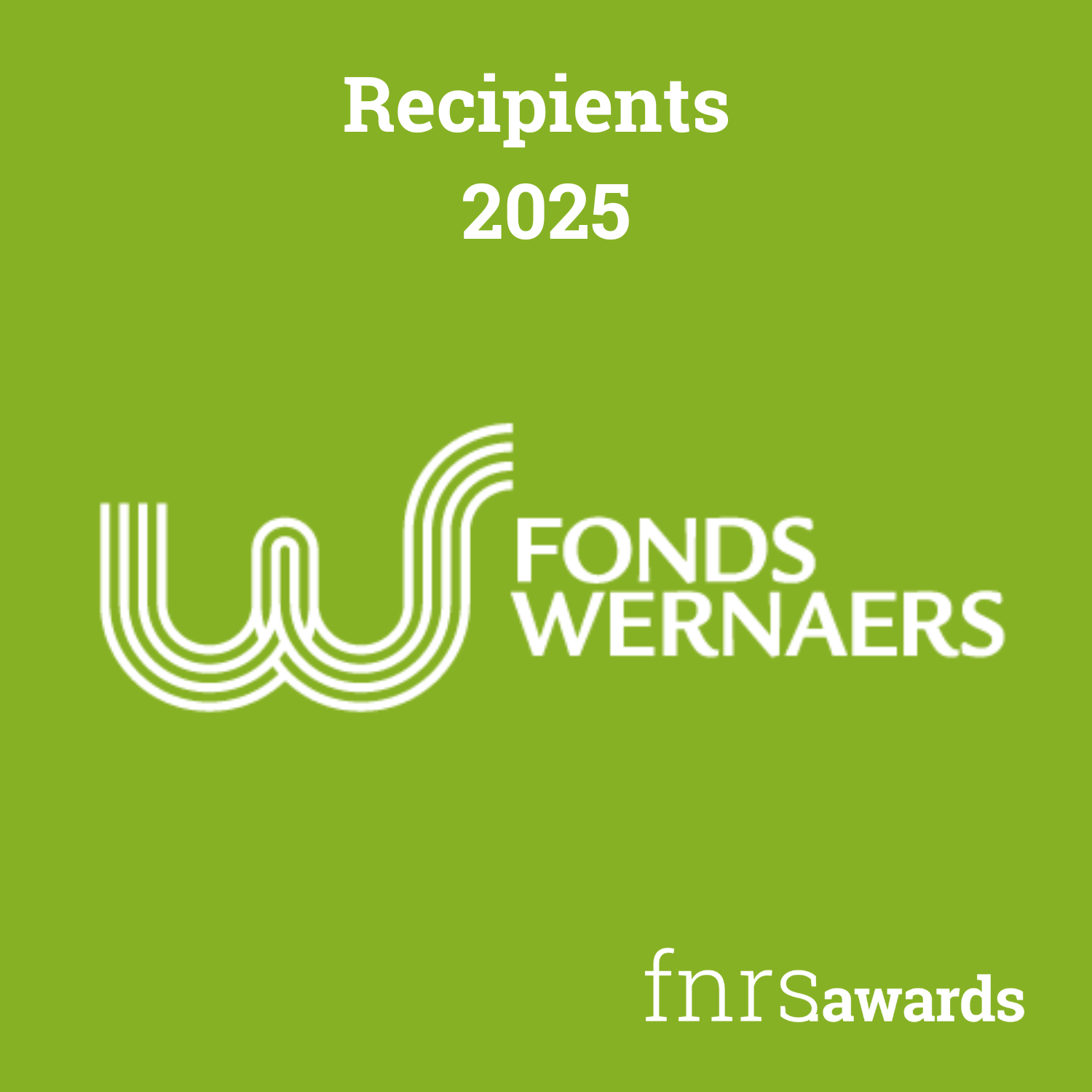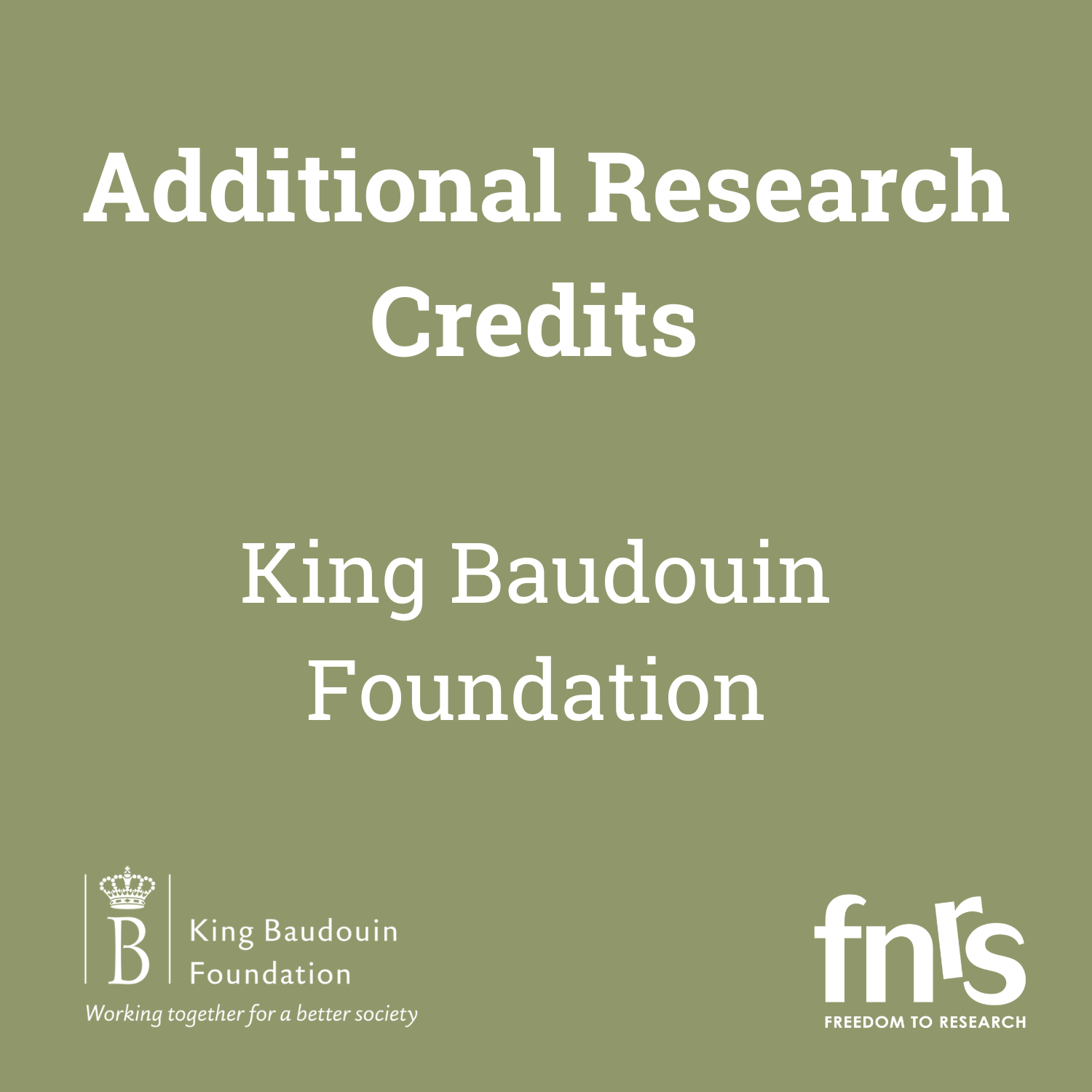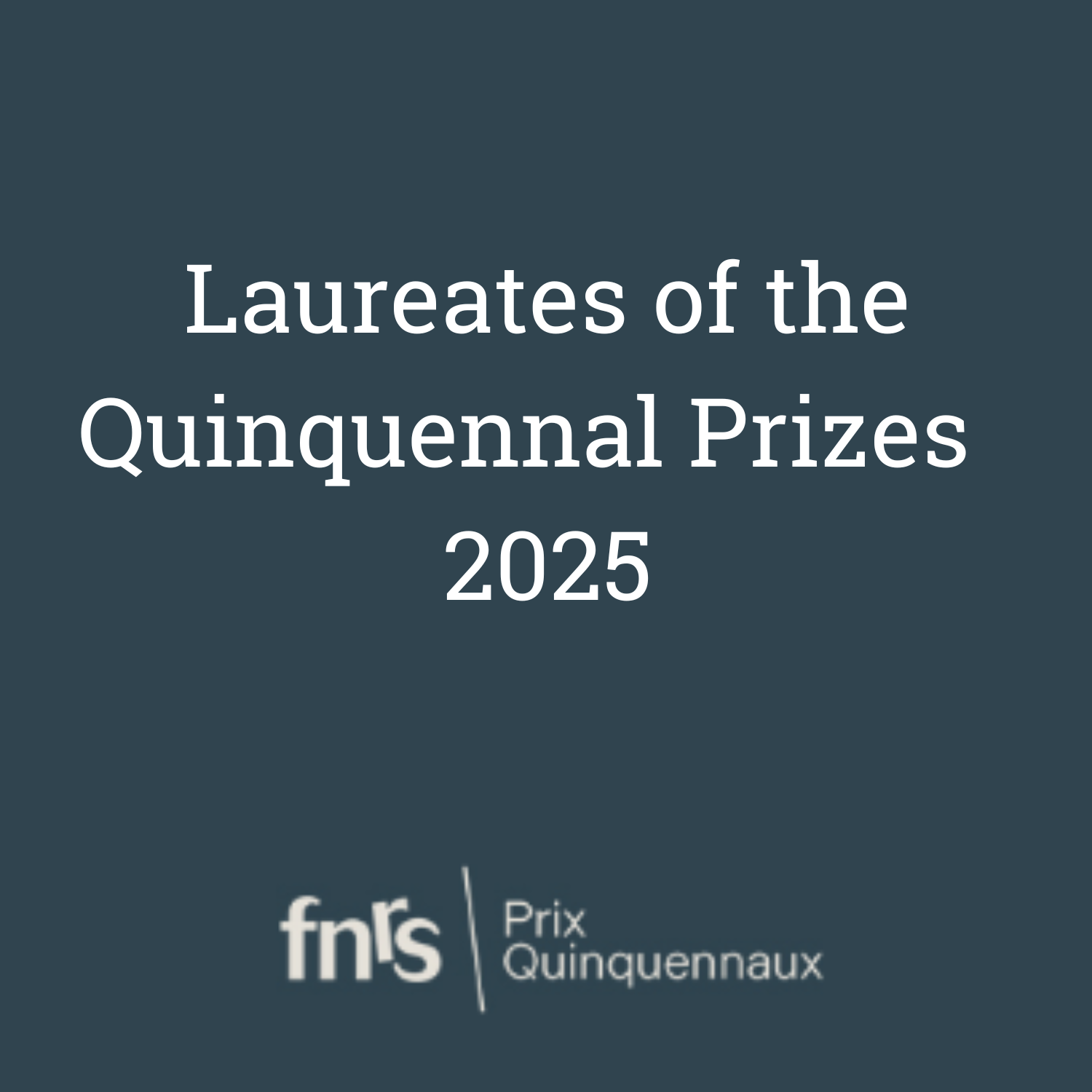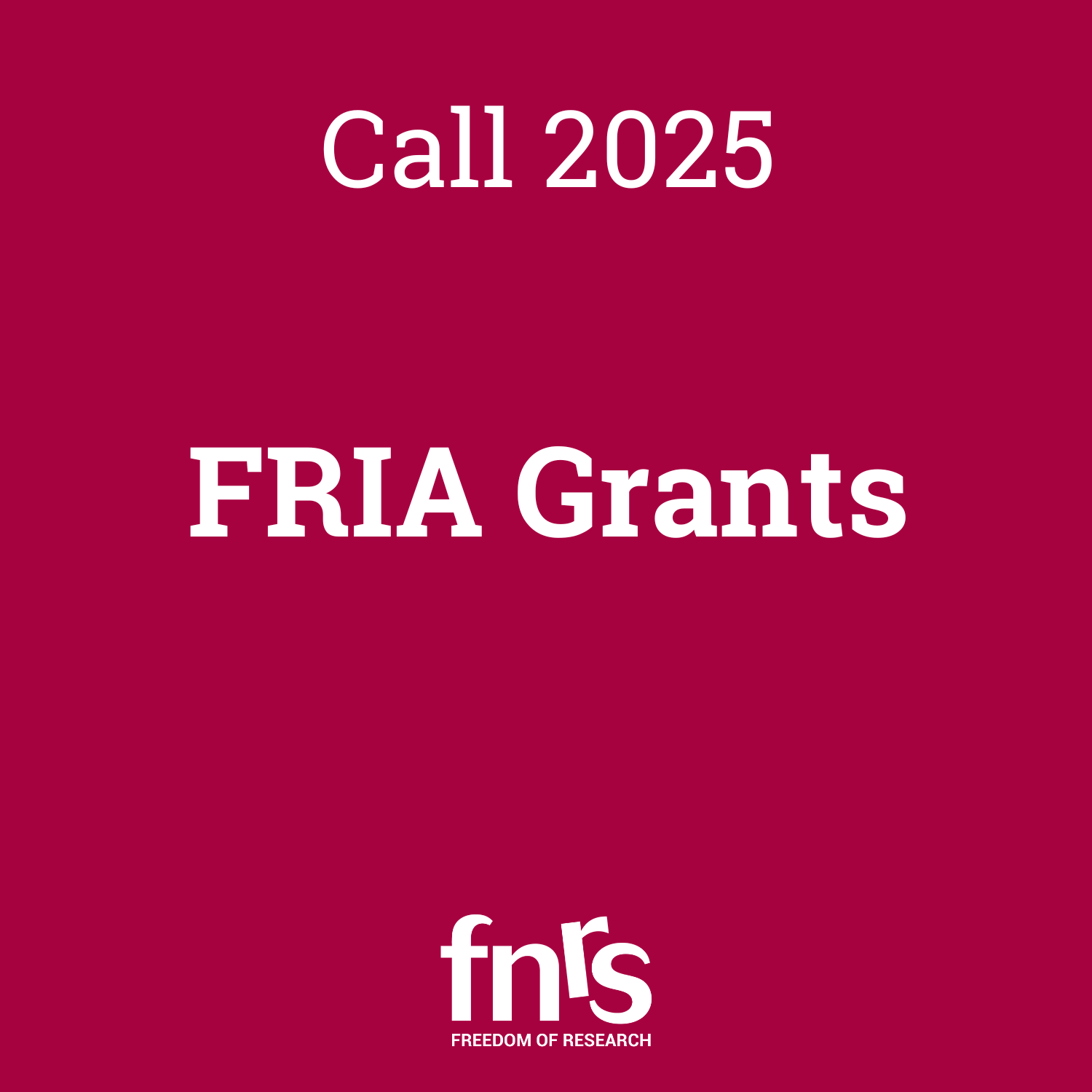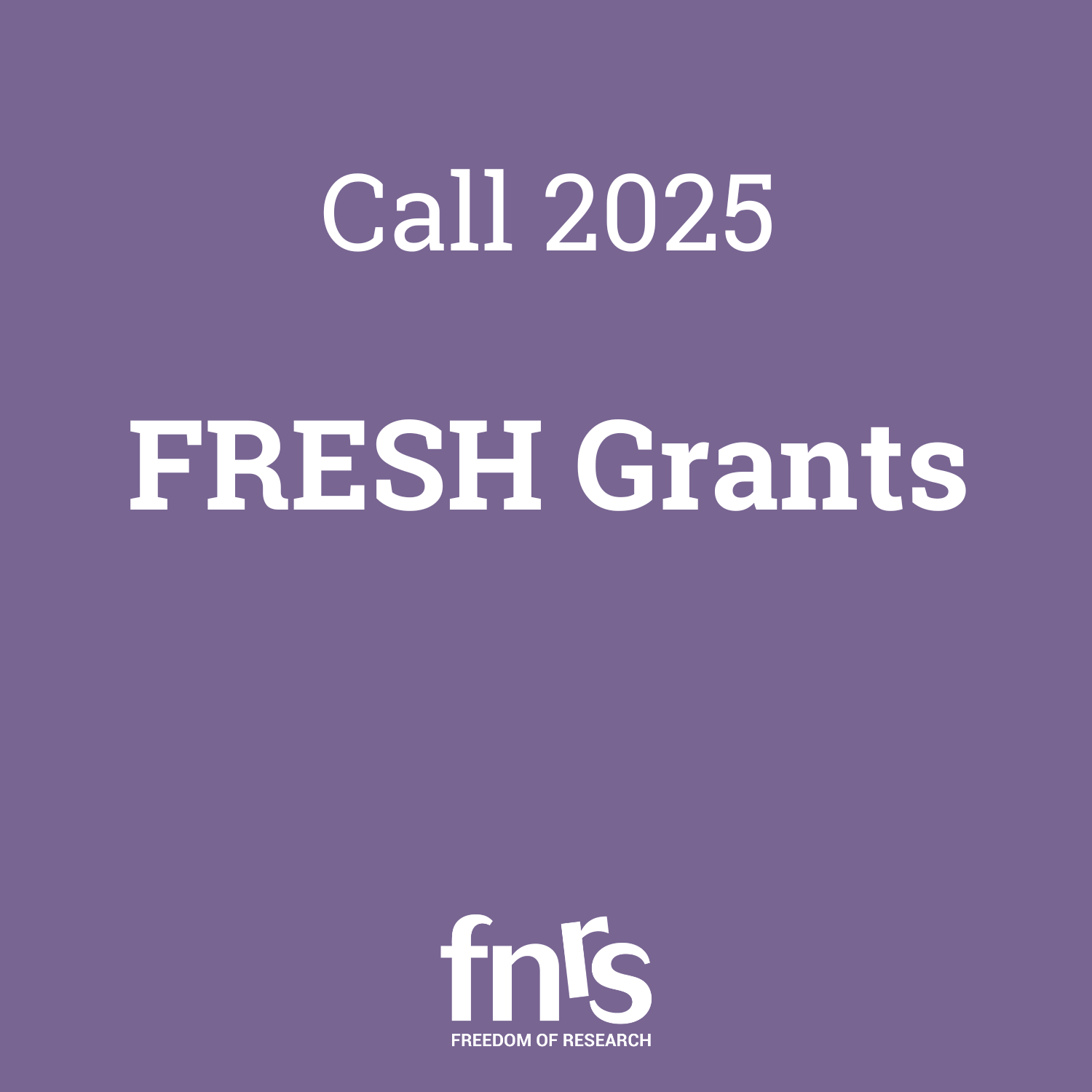Quebec/Fédération Wallonie-Bruxelles collaboration: six new innovative research projects
The Fonds de la Recherche Scientifique (FNRS) and the Fonds de recherche du Québec (FRQ) are pleased to announce the selection of six new joint research projects as part of the fourth call of the Québec – Fédération Wallonie-Bruxelles Bilateral Collaborative Research Program launched in July 2024.
The aim of this program is to combine expertise, approaches, and strengths from both sides of the Atlantic to develop innovative, interdisciplinary research projects.
Each team from the Fédération Wallonie-Bruxelles funded by the FNRS will receive up to €247,500 over a period of three years. The projects will be conducted in collaboration with Québec-based teams funded by the FRQ for a maximum of CAD 300,000 over the same period.
The FNRS and its partner congratulate the awardees from the six selected teams.
The selected projects are:
Multiplex immunolabeling using gold/silver nanoparticles functionalized with calixarenes for the diagnosis of lung cancer
- Gilles BRUYLANTS, ULB
- Michel MEUNIER, Polytechnique Montréal
- Dominique TRUDEL, Centre hospitalier de l’Université de Montréal
Promoting the development and adoption of artificial intelligence in healthcare: an intersectoral approach to breast cancer
- Sébastien JODOGNE, UCLouvain
- Philippe DESPRÉS, Université Laval
- Pierre-Luc DÉZIEL, Université Laval
- Sophie LAUZIER, Université Laval
- Julie LEMIEUX, CHU de Québec - Université Laval
Integrated intersectoral management of protected areas and their surroundings: hydrology, heritage, and biodiversity
- Adrien MICHEZ, ULiège
- Raphaël PROULX, Université du Québec à Trois-Rivières
- Manon SAVARD, Université du Québec à Rimouski
An epigenetic clock to estimate the age of St. Lawrence belugas and its impact on contaminant accumulation, stress, and health in this endangered population
- Frédéric SILVESTRE, UNamur
- Jonathan VERREAULT, Université du Québec à Montréal
- Krishna DAS, FNRS Research Director, ULiège
- Stéphane LAIR, Université de Montréal
Climate, habitat, and ticks: a One Health multisectoral approach to prioritize environmental interventions
- Sophie VANWAMBEKE, UCLouvain
- Patrick LEIGHTON, Université de Montréal
- Cécile AENISHAENSLIN, Université de Montréal
- Jean-Philippe ROCHELEAU, CÉGEP de Saint-Hyacinthe
Deciphering the eco-evolutionary trajectory of transitioning permafrost microbial communities – Coalescence and mobile genetic elements at play
- Ruddy WATTIEZ, UMONS
- Jérôme COMTE, Institut National de la Recherche Scientifique
- Christophe KINNARD, Université du Québec à Trois-Rivières
- Roger LÉVESQUE, Université Laval
The six bilateral teams will be invited to present the main aspects of their projects during the 3rd edition of the Wallonia-Brussels – Québec Scientific Collaborations, which will take place in Brussels, Belgium in autumn 2025.
“For this fourth call, we received many projects that highlighted the complementary expertise of researchers from Québec and the Fédération Wallonie-Bruxelles, addressing a variety of interdisciplinary themes. The selected projects, chosen for their scientific excellence, reflect the future challenges we share and demonstrate the importance of this collaboration. We are proud to support these researchers and to strengthen, once again, the ties between our two territories.”
— Véronique Halloin, Secretary-General of the F.R.S.–FNRS
“International collaborations and intersectoral linkages are powerful ways to enhance research on key issues that transcend borders. I extend my congratulations to the winning teams who successfully combined their expertise to bring these innovative research projects to life.”
— Rémi Quirion, Chief Scientist of Québec, Fonds de recherche du Québec
